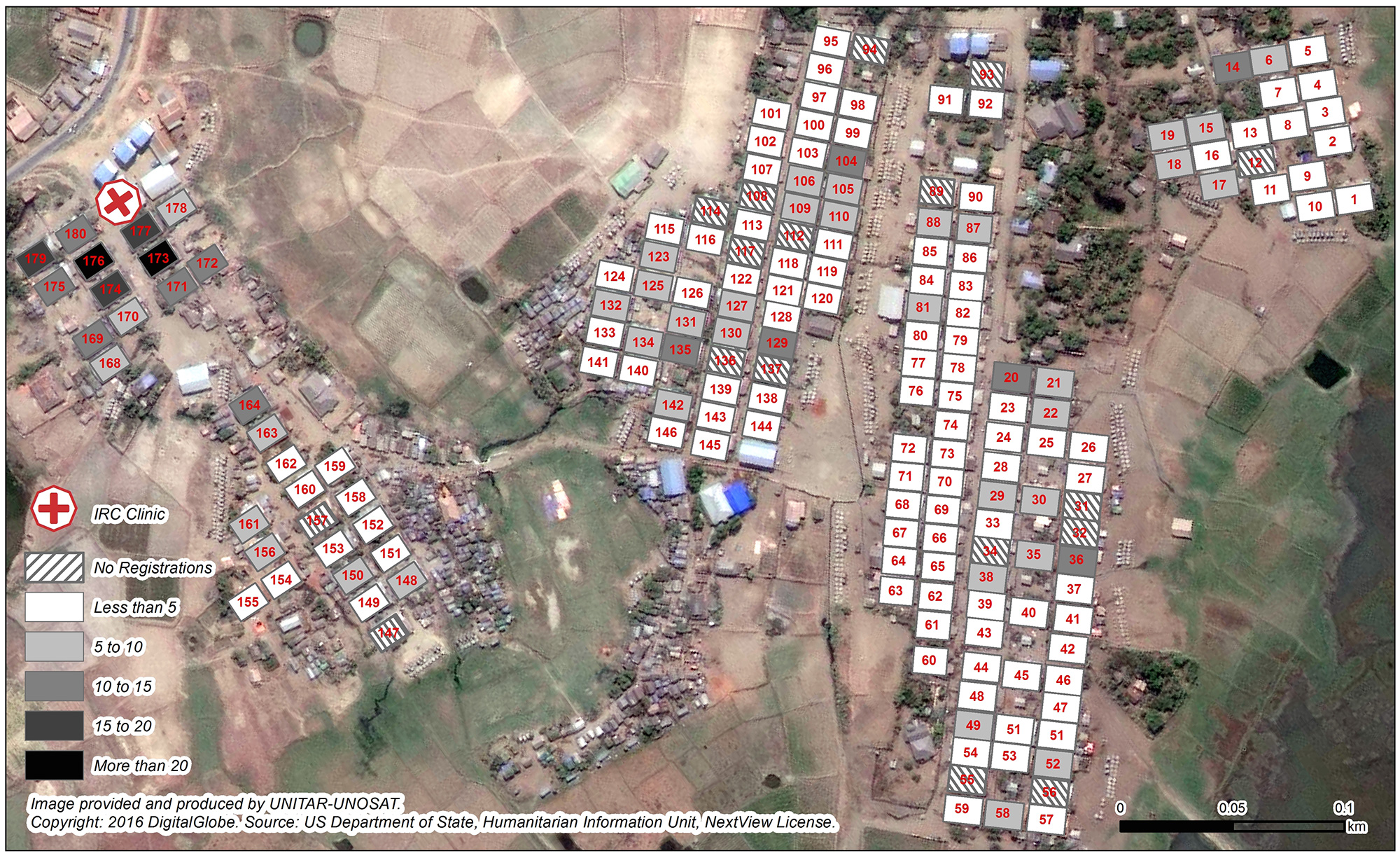I’m a development professional with extensive experience in applied research, livelihoods monitoring, impact evaluation and qualitative research, and worked for CARE and UNAIDS in Bangladesh prior to joining UNHCR. I’m conversant with the livelihoods programming in the lens of CARE’s Household’s Livelihoods Security and DFID’s Sustainable Livelihoods Framework. ‘I LIKE TO LEARN FROM LIVES AND CONTRIBUTE TO THOSE LIVES WHO ARE IN NEED OF OTHERS HELP.’ Therefore, learning and reflection is a part and parcel of my life. Exploring livelihoods vulnerabilities and poverty in any disadvantaged setting and identifying solutions are areas of my interest. It is important to mention, I had opportunity to participate as a team leader in the following livelihoods studies undertaken by CARE Bangladesh from which I have gained substantial knowledge about the dynamics of rural livelihoods and extreme poverty.
- Rural Livelihoods Baseline and Follow-up Studies in Southeast Bangladesh, 2002 and 2005
- Livelihoods and Vulnerabilities of Indigenous People in Northwest Bangladesh, 2004
- Rural Livelihoods Follow-up Study in Northwest Bangladesh, 2004
- Debt-Migration Thematic Study in Northwest and Southeast Bangladesh, 2005
- Dynamics of Rural Extreme Poverty in Northwest and Southeast, 2006: A qualitative research (http://www.lcgbangladesh.org/PovertyIssues/reports/CARE%2520-%)
My aim is to contribute to the lives of the marginalized and vulnerable people living in any geographical location. With this vision, I joined UNHCR in July 2011 as an Associate Livelihoods Officer for eastern Sudan operation, one of the prolonged refugee situations in UNHCR history. My role in the operation is to offer technical supports to the colleagues and the implementing partners in livelihoods project development, implementation and monitoring and evaluation. As the M&E focal person for the livelihoods section in Kassala, Sudan, I led the livelihoods assessments in 2012 and 2013 and undertook evaluation studies of livelihoods interventions; and the findings of the assessments have significantly contributed to shaping the self-reliance programme for protracted refugees.
I’m proud as an iFellow of 2013-2014 class. I do hope that I will be able to capitalize the UNHCR innovation fellowship programme to contribute to the lives of the most marginalized and vulnerable people in refugee camps in eastern Sudan. During the fellowship year, I would like to undertake two activities to address the gaps in the operation:
- Develop a livelihoods monitoring tool for eastern Sudan operation
UNHCR continues to offer livelihoods support to reduce their dependency on external aids and promote their self-reliance. There is no systematic livelihoods monitoring tool in the operation to track changes in the livelihoods of protracted refugee households over time. To fill this gap, a light and affordable tool combining of quantitative and qualitative methods will be developed in coordination with relevant stakeholders. - Undertake a vulnerability study to fix targeting issues of food assistance programme
To promote self-reliance of protracted refugees, the first and foremost important task is to stratify households into different wealth categories based on their economic capabilities and assets holdings, and understand the level of socio-economic vulnerabilities. The operation currently provides livelihoods supports for the protracted refugee households to protect and promote their livelihoods, thereby, enhancing their self-reliance. The vulnerable households, which are not eligible to participate in the self-reliance endeavors, are being supported with food assistance by WFP. The existing criteria mainly focus on the household composition, and do not reflect the economic vulnerability of households. As a result, many non- vulnerable households have been included in the food assistance programme, while a significant number of vulnerable households have been excluded from the programme. It is assumed that the impact of exclusion is likely to be severe. To resolve the inclusion and exclusion error, a small scale vulnerability study will be undertaken in coordination with WFP and other stakeholders to determine the viable criteria for the food assistance programme. It is expected that the outcome of the study will help align the targeting criteria of food assistance programme as well as the self-reliance interventions
What is more, I am a social development worker and have established a society of agriculturists in Bangladesh named ‘Down-to-Earth Agriculturist Society, Bangladesh’ with an aim to support the poorest and extremely vulnerable people in Bangladesh. I am President and CEO of the society. The society has already initiated a large scale agricultural farm in the southeast of Bangladesh. I graduated in agriculture science from Bangladesh Agricultural University, and did post graduation in development studies from North South University, Bangladesh.
Read more about Aminul and his project here.
If you’d like to repost this article on your website, please see our reposting policy.









